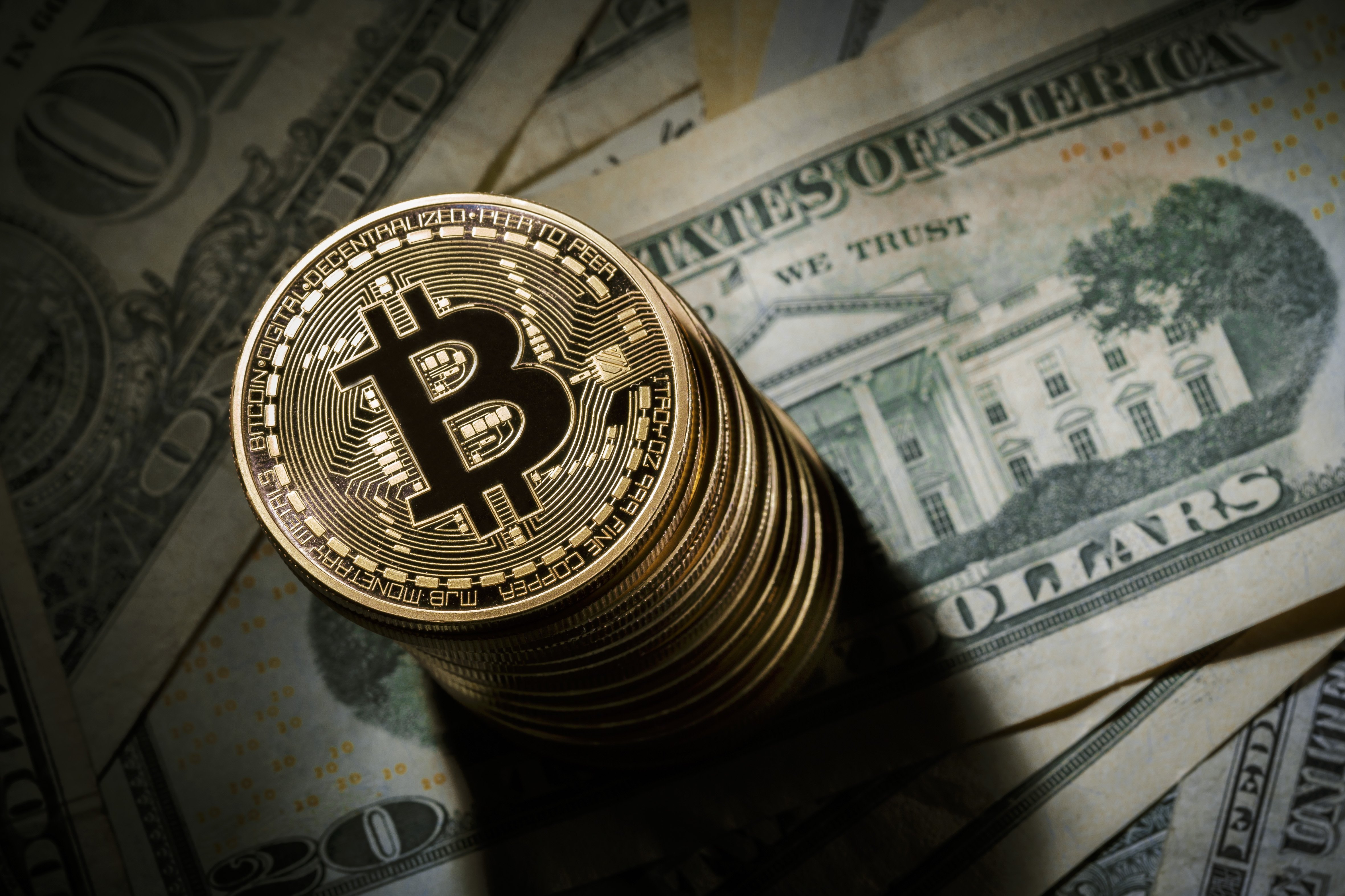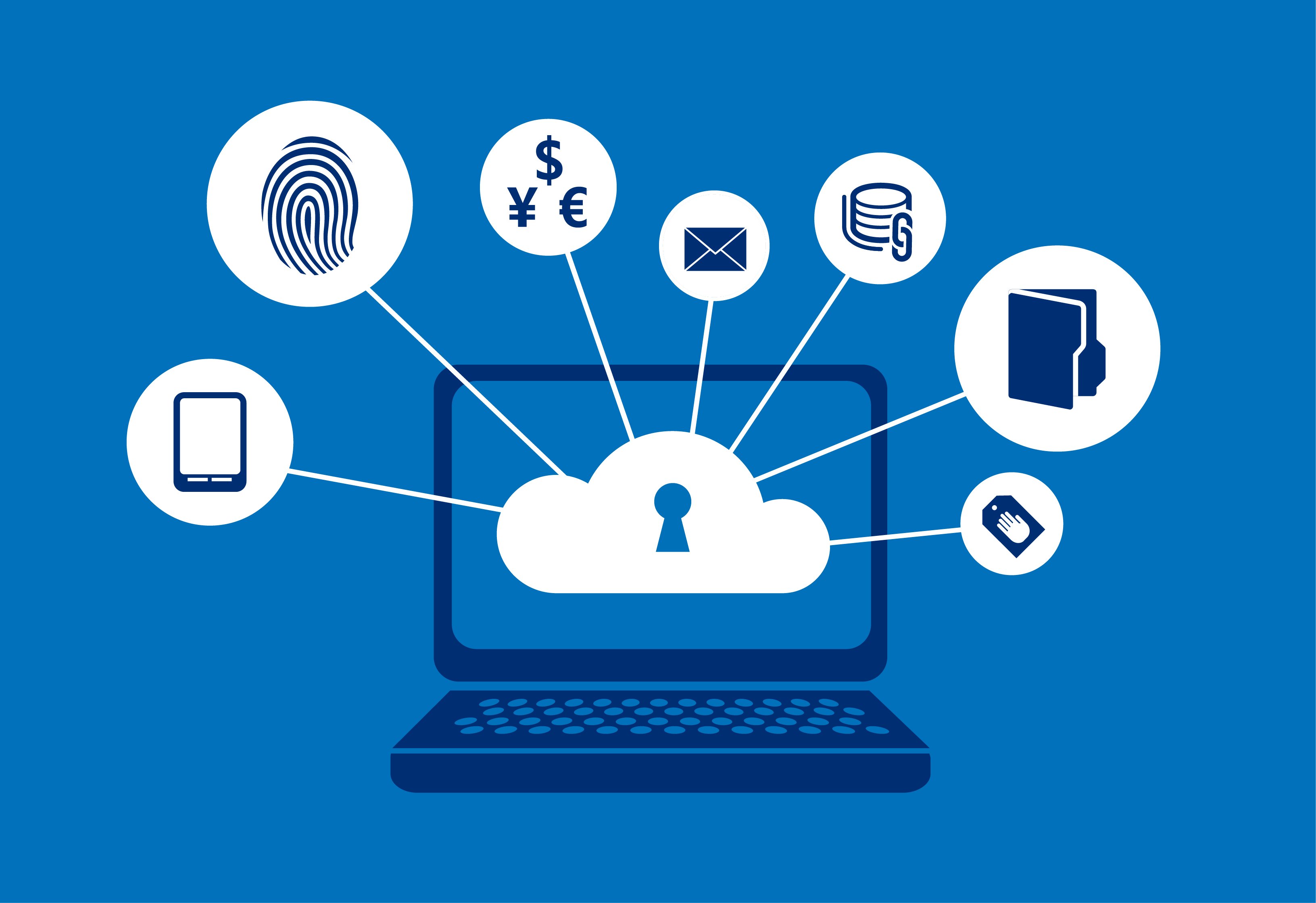Quarter after quarter, the world of cryptocurrencies continues to reach important milestones. Bitcoin and other cryptos have come a long way over the past few years from the initial skepticism surrounding the industry.
While, once upon a time, investing in cryptocurrencies was reserved for visitors to specific forums on the so-called dark web, today, buying tokens is an operation within everyone’s reach. With millions of active investors in the industry in the US alone, this industry is proving its true worth to everyone.
The latest news on the market comes from Germany. The conservative Sparkassen (or savings banks) have designed a plan to let customers buy cryptos directly from their checking accounts by shocking the market.
The plan focuses, for the moment, on the most popular cryptocurrencies (including Bitcoin and Ether). Still, it is not excluded that, in the future, altcoins may also be offered to customers.
The German magazine Capital confirmed the existence of this plan, and it is expected to become effective at the beginning of 2023. While few neo-banks have begun offering such possibilities in Europe, traditional banks seem to be more conservative on the matter. This is why Sparkassen’s move is so important, as it may anticipate a wave of change on the market.
According to a bank representative, S-Payment, one of the leading IT service providers in the country, is designing a system to let clients create a safe crypto wallet through the banking system. Therefore, the assets would be stored in a dedicated online portfolio linked to the clients’ accounts, creating a clear distinction between cryptos and euros.
Interestingly, Capital also mentions that more banks in the country are currently working to deliver the same kind of service. However, as of today, no other institution has disclosed to the public similar projects.
To put this move into perspective, it is useful to consider that the Sparkassen bank consortium counts around 50 million customers and $ 1.2 trillion in assets. Allowing immediate access to the crypto market to such a large number of customers, therefore, is an unprecedented experiment in the global banking world.
This new market opening promises to make an essential contribution to a sector that is already growing strongly. It is important to consider that the plan, for now, has not yet received the official approval of the consortium’s Board of Directors. The green light to proceed is expected at the beginning of next year.
The ripple effect that this decision could unleash is genuinely remarkable. To date, cryptocurrency trading is reserved for exchanges specialized in the sector, which some customers may consider unreliable compared to their bank.
Some financial brokers allow the ability to trade cryptocurrencies. However, this is usually done through derivative contracts known as CFDs (Contracts For Difference). Without any overcomplication, it is sufficient to understand that an investor holding crypto CFDs does not actually own any coin. The choice of the German bank consortium, instead, aims at providing an online crypto wallet service, competing directly with international exchange platforms.
The demand for cryptocurrencies appears to be very high in Germany, and, therefore, Sparkassen’s decision shouldn’t surprise us too much. For this reason, the German financial regulator has provided an operating license to Coinbase (one of the most popular crypto exchanges in the world) to operate in its territory.
German investors are pretty used to trading cryptocurrencies. Suffice it to say that Deutsche Boerse has recently listed several crypto ETPs (exchange-traded products) on its market, an unprecedented decision in Europe. We will follow this story closely and provide readers with updates on the subject.
Article by Born Realist






